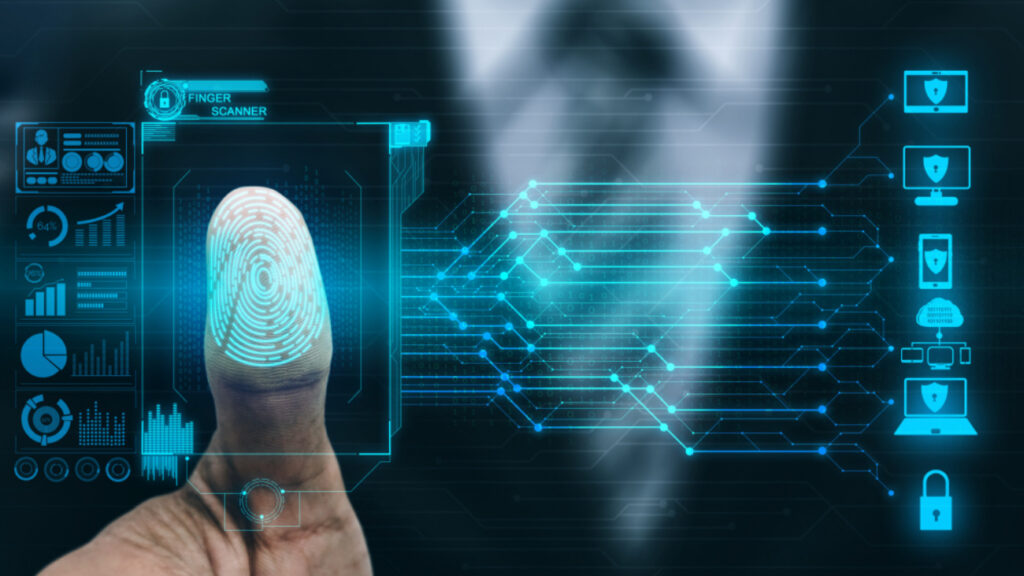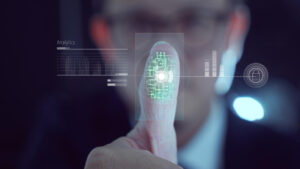Biometric data is the information of physical and biological aspects through electronic devices such as finger, iris, or retina scanners, voice recognition devices, and more. The process of collecting biometric information includes fingerprints, retinal scanning, voice recognition, facial feature mapping, and digital signatures which are associated with an individual.
Biometrics is also applied as a sophisticated technology stream that involves measuring the behavioral patterns of humans. Behavioral data such as online behavior is also counted as biometric data, from a broader perspective in the online world.
Application of biometric data
A basic form of biometric application can be seen in smartphones. Here users are required to scan their fingerprints to securely access their phones. Similarly, iPhone users and many other smartphone brands have introduced facial recognition as a phone protection feature.
The fundamentals of biometric information have been applied in almost every sector, today. Among the basic application of biometric data is to manage employee access and ensure security across organizations. The data taken is saved through finger-scanning devices and the information of an individual is mapped and evaluated over integrated technology platforms. Access management is widely applied in many business sectors such as law enforcement, BFSI, and human resources, wherein, data of a group is required for evaluation.
Ethical implications of biometric information
Since biometric data is essential for evaluating information and maintaining secure environments, there are various legalities pertaining to its usage across the world. Such usage of private information is governed under GDPR or General Data Protection Regulation, CCPA, and CPRA in most countries. While the data is essentially governed by the governmental authorities and is protected by the law.
Additionally, almost 28 countries adhere to guidelines for the ethical usage of biometric information. In the nations under the European Union, biometric and even, behavioral information cannot be used without the consent of an individual. Various laws have been recognized in countries such as the US, India, China, UK for protecting the biometric data of citizens.
Conclusion
Biometric information is sensitive and can have many advanced levels of applications when coupled with technology frameworks. In the near future, beyond the legislative protection of biometric information, more careful analysis of the data use and its protection is anticipated. As the rules which are in place only govern its application, secure environments should be created for its ethical application for focused good.
The article has been published by the editorial board of the Identity Herald. For more information please visit www.identityherald.com.




